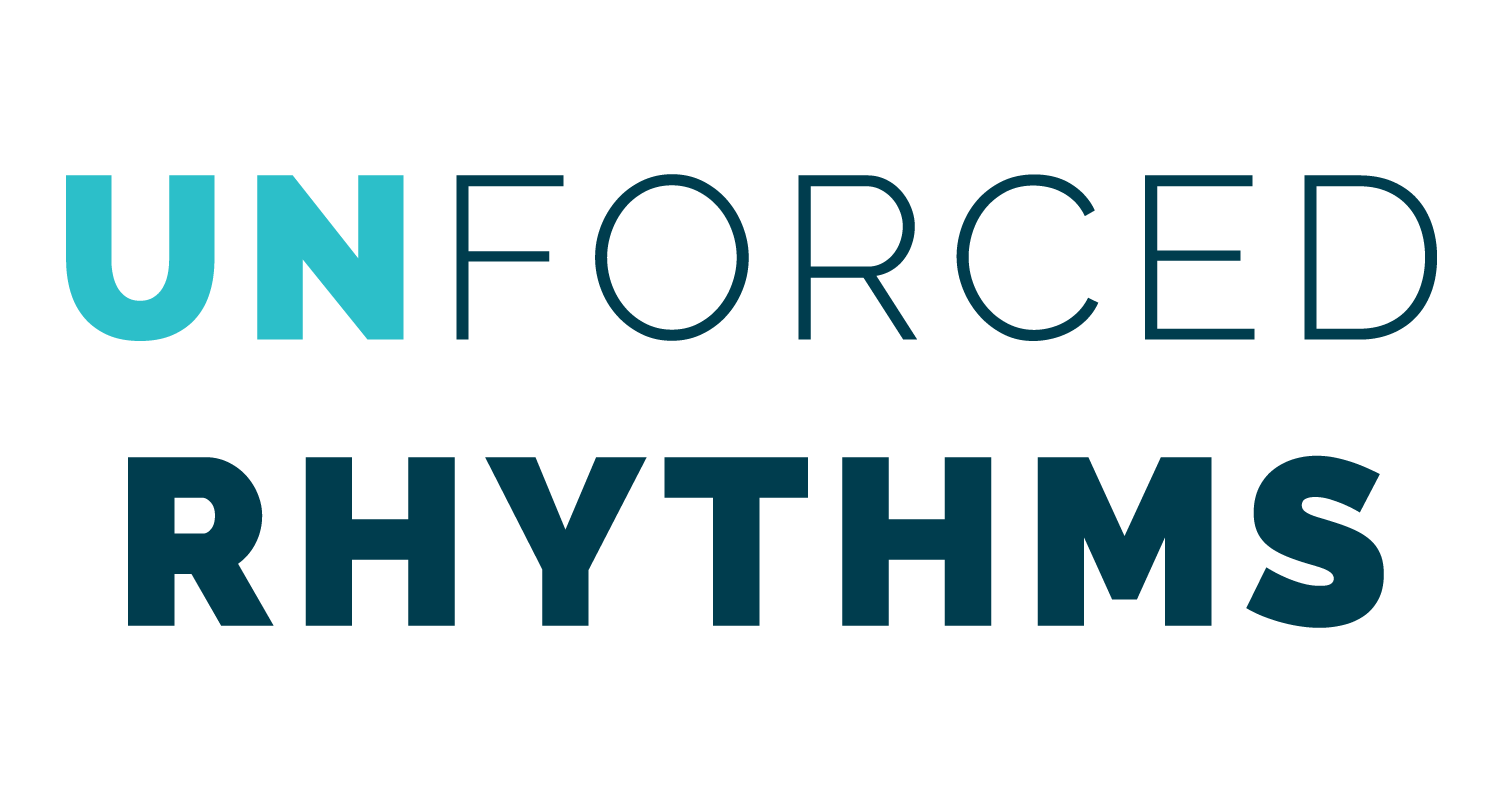Perhaps a painting that isn't about Christmas is more about Christmas than we realize. Rembrandt's painting, Return of the Prodigal, shows the attitude of both sons, but more importantly, the heart of the father.
Like the prodigal, left to ourselves, we spiral quickly.
Left to ourselves, we are a people of hatred, envy, greed, lust, and power.
Left to ourselves, we control, manipulate, slander, abuse, and judge.
Left to ourselves, we create a world of war, racism, slavery, injustice, and oppression.
Left to ourselves.
God knew the truth about us. He knew that we would not be happy without the freedom to make our own choices. Choices that would bring consequences. Choices that carried shame, sorrow, and pain. He knew that sin–missing the mark of what His Kingdom looks like–would bring destruction. But to do otherwise would not be love, even knowing a freewill meant his own rejection.
This love that gave mankind a freewill, a love that refused to control, provides the means by which we can be rescued from ourselves. Being the omniscient God that he is, he had a plan. It was a plan from the beginning of time, because he knew what would happen. Left to ourselves.
In his book, The Return of the Prodigal Son, Henry Nouwen reflecting on Rembrandt's painting, writes a challenging portrayal of this story from Luke 15. The rebellious son chose to leave home and family with his early inheritance, carelessly spending it until there was nothing left. Left to himself, he ended up tending to pigs, sharing the same food he fed them. Only then did he recognize the destruction of his choices and turned his heart toward home.
Nouwen challenges us to take a closer look at the elder son who stayed home. Truth be told, a judgmental and disgruntled attitude may describe more of us than outright rebellion (much like the Pharisees of Jesus' time and to whom he is telling the story).
Yet, there is an element to this story that we often miss. The character of the father. This, Nouwen insists, is the crux of the story. He vividly portrays the heart of the father, who waits patiently in hope, graciously extends forgiveness, and generously bestows honor.
What a different world it would be if we became more like the father – traits that move us beyond ourselves.
Beyond ourselves.
Beyond ourselves, we are a people of love, trust, generosity, kindness, and goodwill.
Beyond ourselves, we are gracious, empathetic, compassionate, trustworthy, and respectful.
Beyond ourselves, we create a world that is peace-loving, just, benevolent, impartial, and good-hearted.
This is why we celebrate Christmas. Jesus came to rescue us. From ourselves. From sin. From the enemy of our souls. Jesus came to set us free!
The compelling factor that enables us to live beyond ourselves is a love founded in God through the gift of his Son, Jesus.
A gift who gave himself "for everyone so that those who receive his new life will no longer live for themselves. Instead, they will live for Christ, who died and was raised for them. - 2 Corinthians 5:15

